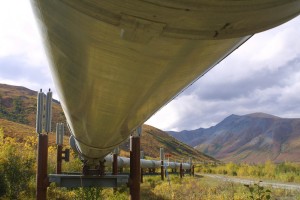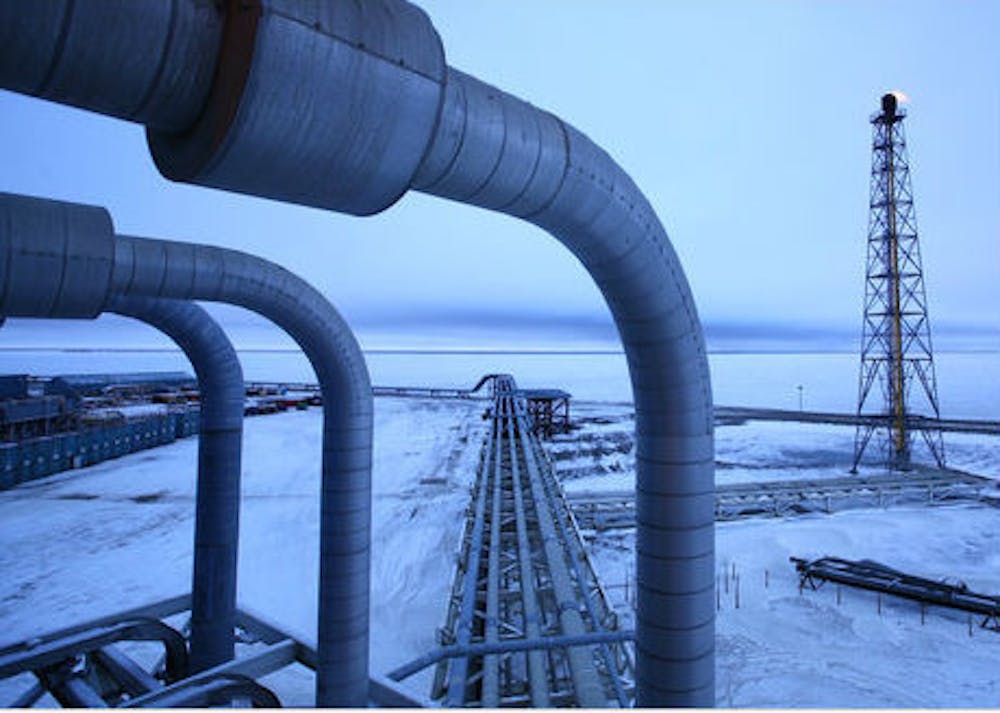By Danielle Silvia
Correspondent
The University of Alaska; Alaska’s largest school districts, such as Anchorage; and tiny rural towns, like Nightmute, are all facing budget cuts because Alaskan drillers are pumping less oil.
In the state of Alaska, the decrease in oil supply is becoming a serious issue for students and adults because oil is an important export for them. Alaska is a common hot spot for oil and the state sells it to customers who must pay hefty taxes for it. These taxes are what the state of Alaska uses to pay for many of its in-state affairs, such as public schooling. Recently, there has been less oil and this has caused many Alaskans to fear for the closing of many of these publicly funded expenditures. With the decrease in the oil prices, the price per student must also decrease, reducing the overall quality of education in Alaska.
Alaska pays close attention to the well-being and education of its students. In fact, “Alaska spends $17,390 per pupil, according to Census Bureau data, more than any other state in the nation, in part because it is expensive to operate schools in far-flung villages” according to the Washington Post.
Many Alaskan students will now be at a disadvantage. According to James R. Johnsen, the president of the University of Alaska, “At every one of (the university’s) campuses, something is likely to go away,” the New York Times reported. Students will not be able to take advantage of many academic and social opportunities that other students across the nation have, such as making updates on campus, up-to-date college-provided material, clubs and activities to fill the time after classes and even the chance to study abroad.

Many parents have banded together and formed groups to demand more funding in schools. In addition, state representatives, such as Marcia Davis, a deputy chief, says that the predicted landslide of education due to decreased funding will not happen in 2016 at least, which gives Alaska and its people at least nine months to figure out some sort of alternative plans or solution.
The Anchorage School District Superintendent Ed Graff proposed making significant cuts early on into the oil crisis, according to Alaska Dispatch News. The proposed budget, that was eventually approved, was announced on Thursday, Jan. 21, that the school system already had plans to cut 53 teachers and increase class sizes.
“I think that what we’ve understood and realized is that we have a state challenge ahead of us,” said Graff, “we want to be prepared for the future as best as possible.”







